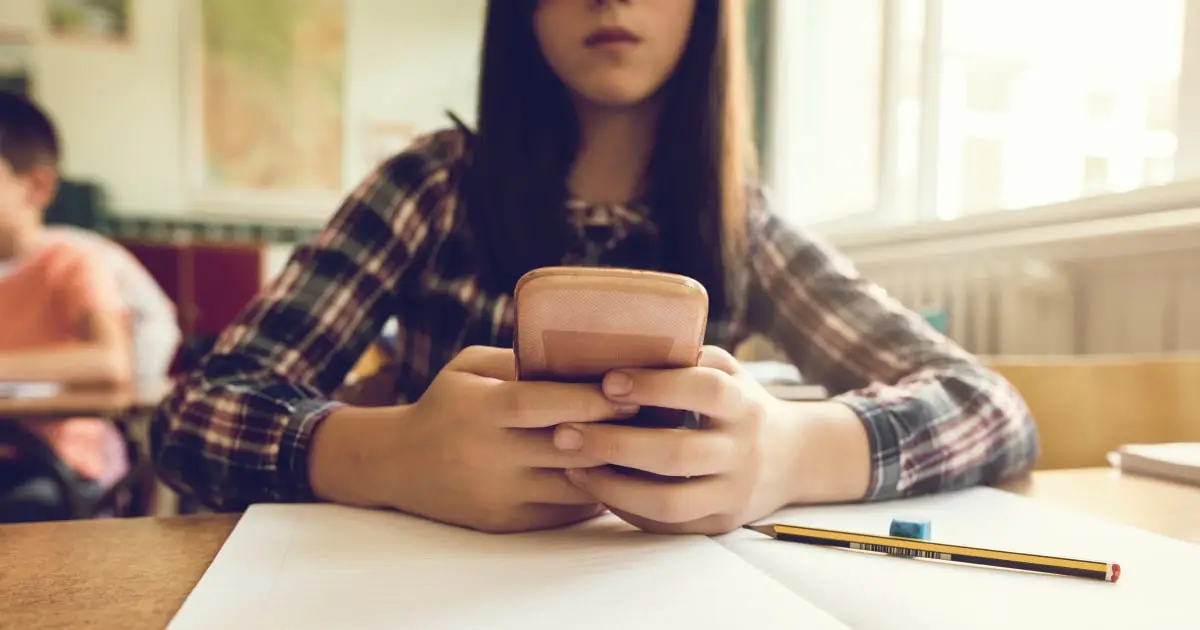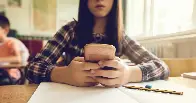My take on this is my take on school in general: it's manipulative, coercive, and overall bad for you. I say this having considered becoming a teacher, and having chosen to become a librarian instead precisely because I refused to lend my energy to the school system.
Teachers have a disproportionate influence over the lives of basically everyone. School being compulsory, and most people not even understanding that alternatives exist let alone having the resources or wherewithal to pursue them, the influence of teachers is very nearly inescapable, and yet they always demand more. More hours, more days, more ceaseless undivided attention (regardless of the quality of their content or the interests of their captive audience), all in direct contradiction to mounting evidence that all of those things are bad for you.
Studies from Europe indicate that homework, for example, at best does nothing at all, and more likely is actively bad for you. (This doesn't really require modern science -- John Holt and John Gatto were writing about this in the 80s -- but modern science confirms it.) Students nowadays are subjected to levels of anxiety that would've gotten their grandparents hospitalized. The pandemic largely disbanding in-person schooling resulted in a noteworthy drop in student suicide rates. And still, the school system demands more control, more influence, more access to more of young people's waking lives, seemingly not content until every conscious breath is scheduled and supervised.
And then there are teachers' unions. Considering how badly teachers are paid and what utter trash their benefits are, it can be observed that the only significant function teachers' unions serve is to keep bad teachers from being fired. I know it's only anecdotal, but I have in my own experience observed teachers who re-use the same test papers for literally decades without changing a thing. This might be acceptable in math -- math doesn't change much -- but I've seen history teachers do this. Fuck's sake, man. Unions certainly do little enough to guarantee the quality-of-life of teachers making any effort to do their best.
The combination of artificially insatiable demand and utterly dogwater compensation means that the system has an incentive to churn out an unholy number of mediocre teachers, and then never let them be removed no matter how mediocre their service is. This is leaving aside the problem of teachers forgetting that the people across the desks from them are their employers, not their subjects, and the authoritarian attitudes that comes with that.
(I have to include an asterisk above because when I say "most people" I mostly mean "most parents" -- the people actually affected by the failures of the school system are routinely denied any voice whatsoever in the management of that system, and as a matter of course denied any choice about their own education, so we can only talk about the knowledge and ability of people who are at least one step removed from even being involved in the situation, which is it's own problem, as you might imagine. In no other aspect of life does leaving decision-making in the hands of people unaffected by the consequences of their own decisions lead to good outcomes...)
There's more I could go into here. The failures of 'zero tolerance,' for instance; the root causes of school violence; the almost comedically cruel euphemism that is 'bullying'; the entire concept of the school-to-prison and school-to-military pipelines. There's a lot wrong with the idea of giving teachers more influence over people.
I am explicitly not saying that social media is the answer, but I am saying that I can very easily understand the desire -- the need -- of young people to claw back a few minutes at a time of their own waking lives for themselves.


